Tracking net zero commitments.
Professor Thomas Hale
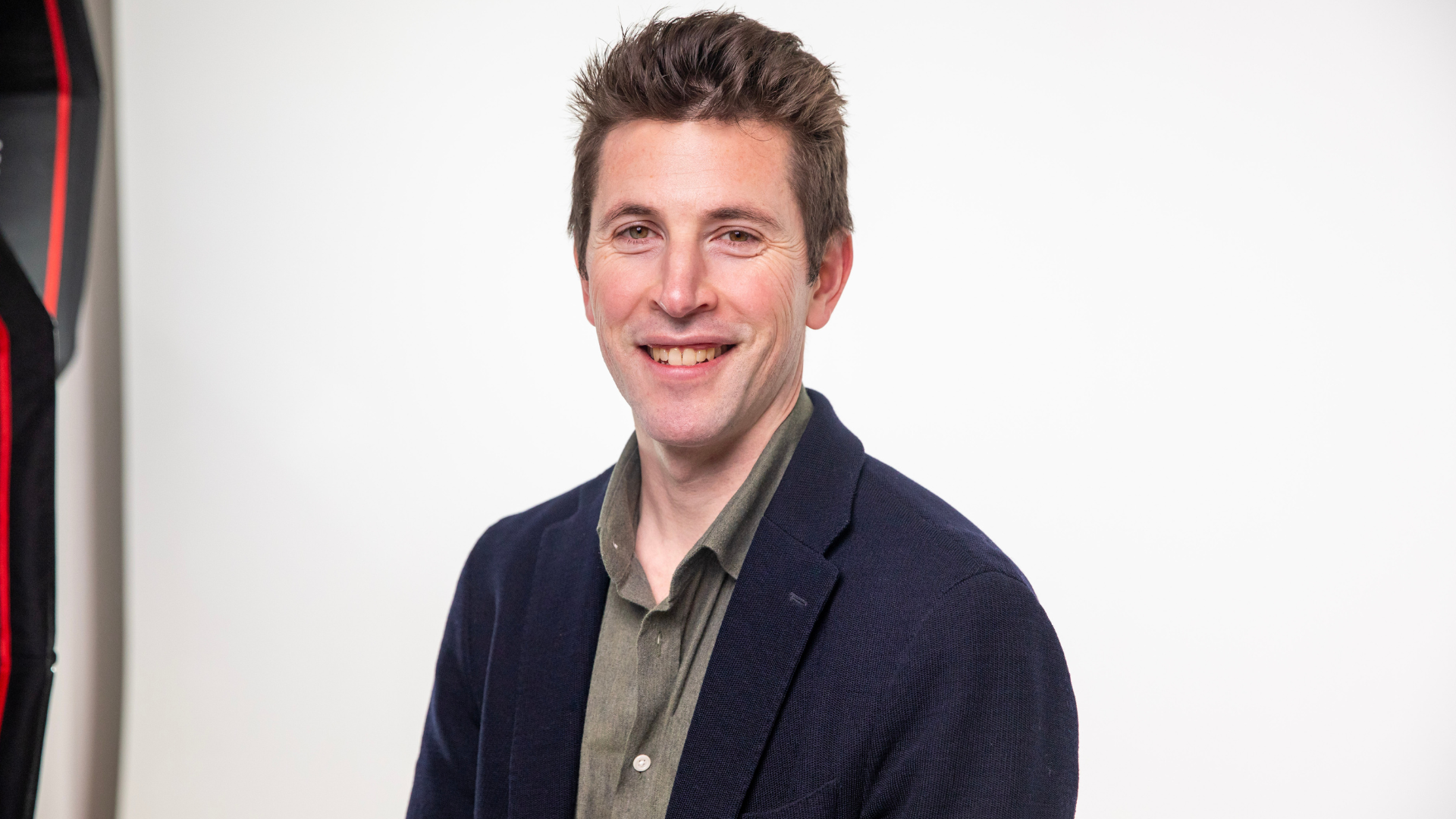
The science is clear for Thomas Hale, Professor in Public Policy (Global Public Policy), at the University’s Blavatnik School of Government.
‘We need to reduce emissions down to residual levels’, he explains, optimistic that the technology is increasingly within our grasp.
Even better, he says, is that the economics behind such technology is lining up.
The missing piece though, is the delivery of policy and politics that can support these emission reductions in a fair way.

Professor Thomas Hale
Professor Thomas Hale
Professor Hale joined Oxford in 2012.
Before then, his work took him across the globe, researching and studying in Europe, Argentina and China.
A US national, Professor Hale holds a PhD in Politics from Princeton University, a Master’s in Global Politics from London School of Economics and a Bachelor’s (AB) in public policy from Princeton’s Woodrow Wilson School.
In 2023, he became the Blavatnik School of Government’s Director of the Master of Public Policy (MPP) – the School’s flagship programme.
Alongside this role he continues his research, focusing on how transnational problems, such as environmental, economic and health challenges, can be tackled fairly and effectively.
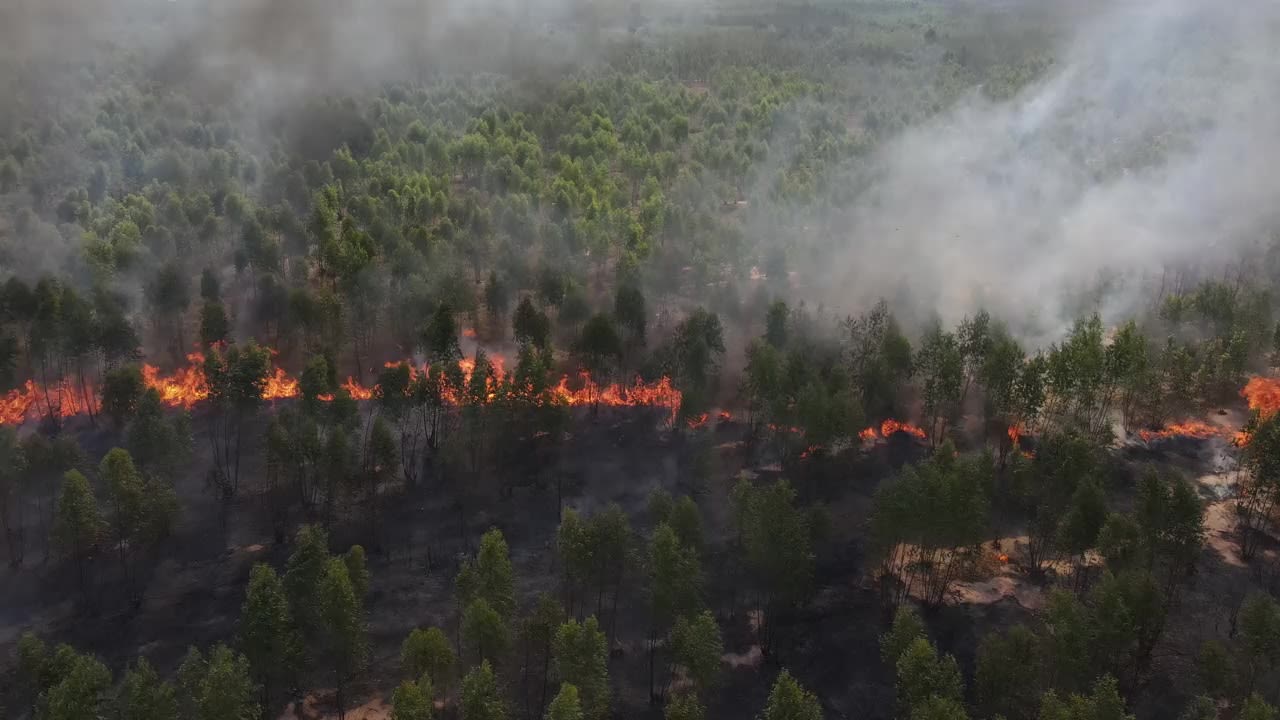
Some of society’s biggest challenges, like climate change, are intergenerational.
So how do policymakers and politicians strategise for problems that will continue long into the future?
In his 2024 book, ‘Long Problems: Climate Change and the Challenge of Governing Across Time’, Professor Hale looks at some potential solutions to break out of the day-to-day decision making in order to focus on problems that have much longer horizons.
There is a lot of short-term decision making going on in society, he admits, but there are an increasing number of tools that governments can use to ‘reach beyond the present’ and govern long problems effectively.
‘In the short term, I think we know the most important thing is to get fossil fuels out of our power generation system.’
Honing in on the climate crisis, Professor Hale highlights that there are both short- and long-term objectives.
The immediate focus should be on getting away from our use of fossil fuels.
‘Coal and gas still generate the majority of the world’s electric power’ he explains, ‘and there’s no reason they have to.’
If we invest enough, the technology is there, but the decarbonisation of power generation is happening too slowly, he argues.
‘In the longer term, I think we need something much deeper – not a technological fix or a shift in generating things – but I think we actually need to redesign how governments work.’
The climate crisis is an unprecedented challenge that is a multi-century problem, Professor Hale stresses.
The impacts of this rapidly changing climate are going to cause the dislocation of large numbers of people and the disturbance of natural systems – and we don’t know exactly how any of this will play out.
Governance, he says, will have to be robust, and international cooperation will be essential.
Though, he acknowledges, it might not look like what we had planned.
Sometimes selfish incentives and international cooperation line up with each other, and sometimes political decisions like the move away from foreign energy dependency can have positive climate-based repercussions.

Professor Hale has been tracking policies that aim to tackle societal problems for some time.
In March 2020, as countries across the globe began implementing measures to tackle the emerging COVID-19 pandemic, Professor Hale, and colleagues at the Blavatnik, began debating how to compare global approaches.
A few weeks later, they launched the Oxford COVID-19 Government Response Tracker.
The project gathered information during 2020, 2021 and 2022 as over 1,500 volunteers published real-time information to understand variations in government responses and the effects of different pandemic policies.
The Oxford COVID-19 Government Response Tracker (OxCGRT) became the primary global tracker, and, in 2023, Professor Hale gave evidence to the UK COVID-19 Public Enquiry.
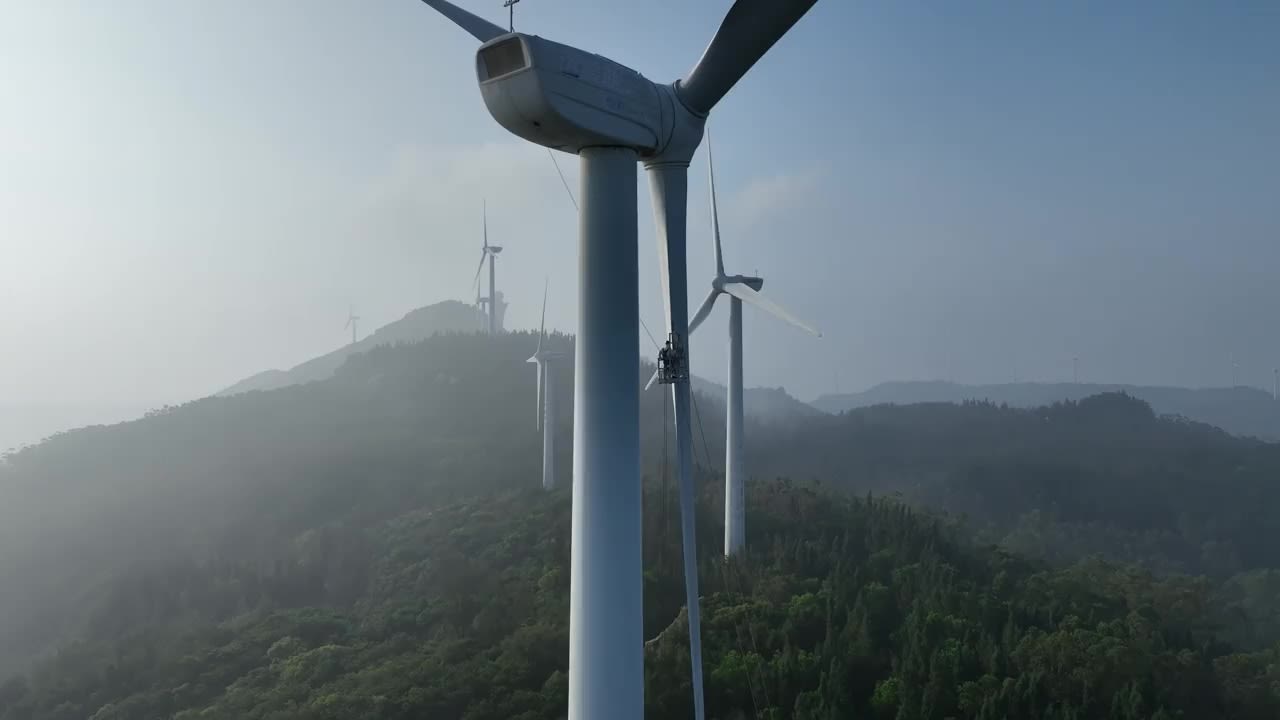
In 2021, Professor Hale joined forces with colleagues from the Energy & Climate Intelligence Unit, Data-Driven EnviroLab, NewClimate Institute and Oxford Net Zero to create the Net Zero Tracker.
Net zero, Professor Hale explains, means reducing our emissions radically downward – maybe to around 80 or 90% less than they are today.
It isn’t just a scientific concept, but a target for the world and for a stable climate.
Just how this radical drop in emissions is created, is the most important policy challenge that governments are facing, Professor Hale argues.
So, the researchers turned to people as a big citizen science project.
‘Our tracker relies on a global network of volunteers around the world who scan their country, their company, their city, their region, whatever they are’ he explains.
This information is put into a centralised database, enabling researchers to use the information aggregated and make it effective.
One of the methods being used to help the drive towards net zero, is the setting of a carbon budget.
This, Professor Hale explains, is the cap on the total amount of carbon dioxide that can be emitted while not exceeding a temperature limit, for example the 1.5°C threshold set in the 2015 Paris Climate Agreement.
An issue, however, is that we haven’t yet politically agreed on how to divide out that budget.
‘Everyone seems to think they have more budget than everyone else.’ Professor Hale says. ‘What we actually need are ways to find equitable solutions to distributing this carbon budget fairly and effectively.’
More Oxford climate and environment experts
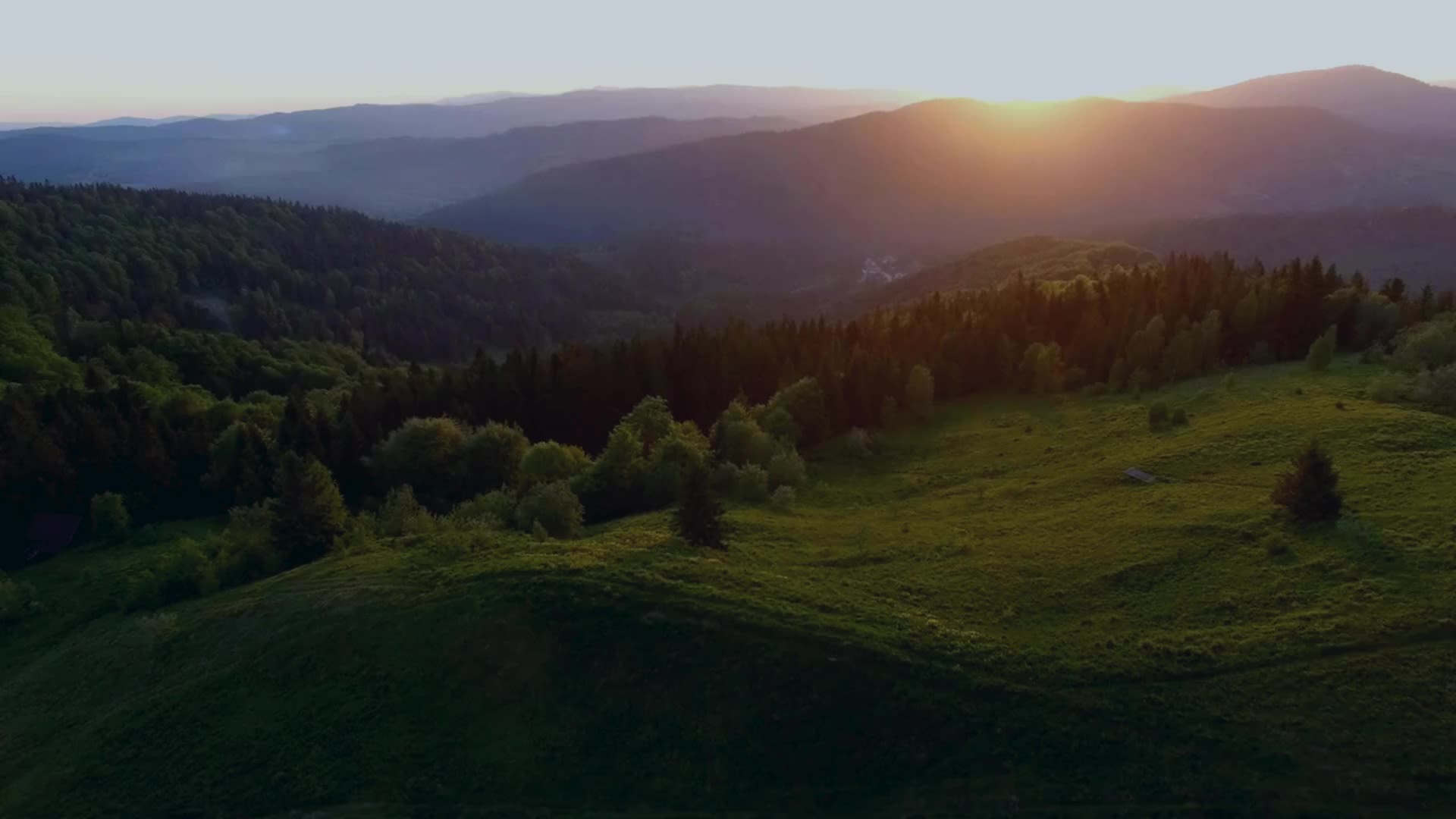
-
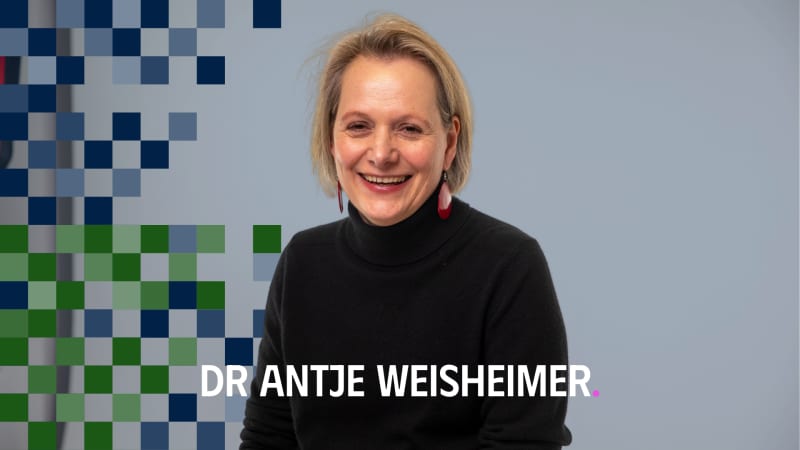
Dr Antje Weisheimer
Bridging the gap between weather and climate -
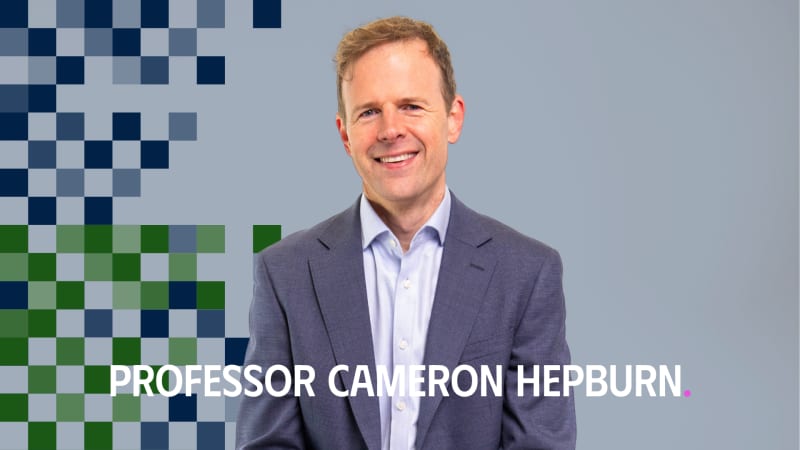
Professor Cameron Hepburn
Putting the 'eco' into economics -
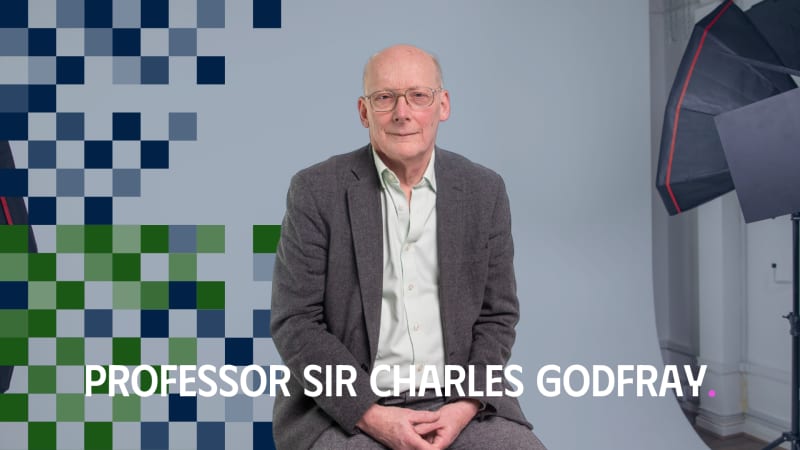
Professor Sir Charles Godfray
The future of food in a changing climate -
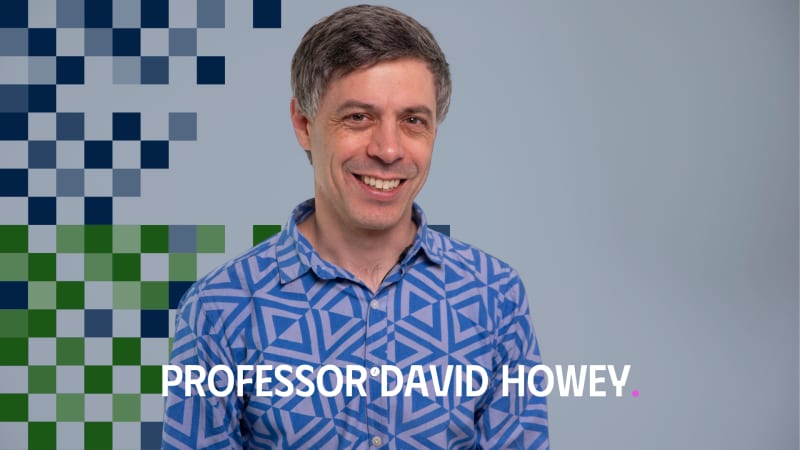
Professor David Howey
Pioneering battery research -

Professor Dame EJ Milner-Gulland
Accentuating climate positives -
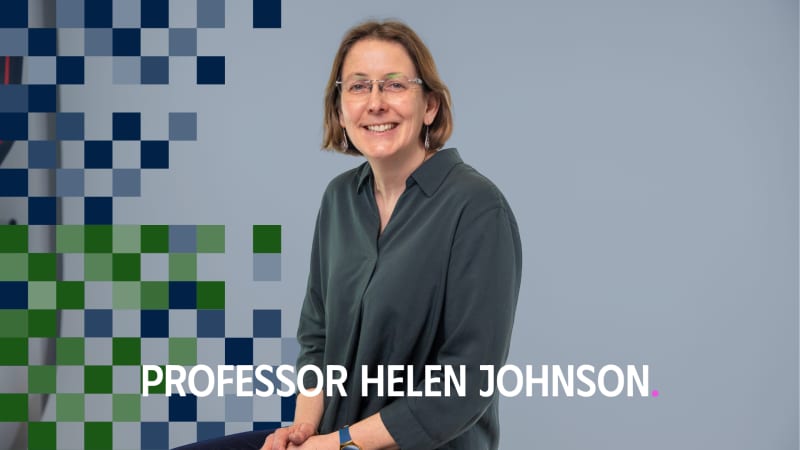
Professor Helen Johnson
Unlocking the mysteries of deep ocean currents -
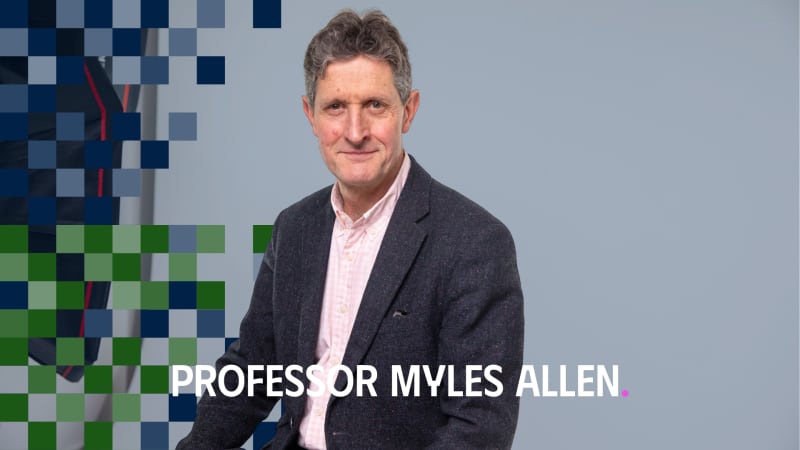
Professor Myles Allen
The physicist behind net zero -
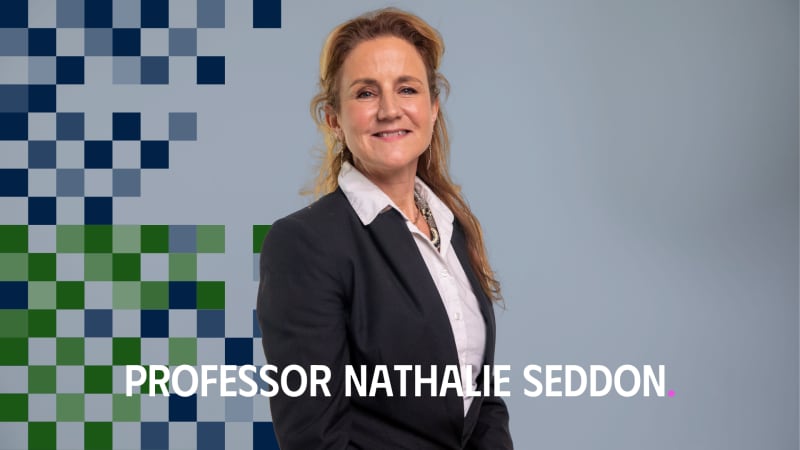
Professor Nathalie Seddon
Championing nature in a changing world -

Professor Nick Eyre
Leading the way toward a net zero society -
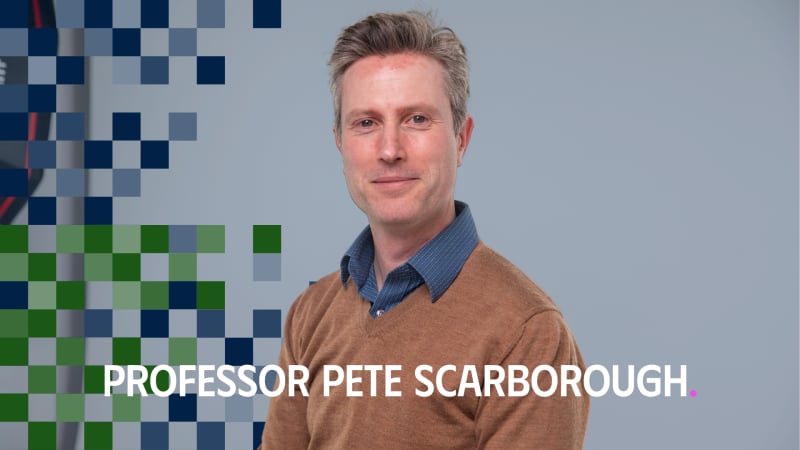
Professor Pete Scarborough
Driving healthier food for people and planet -

Professor Philip Stier
Why you shouldn't look up the same way again -
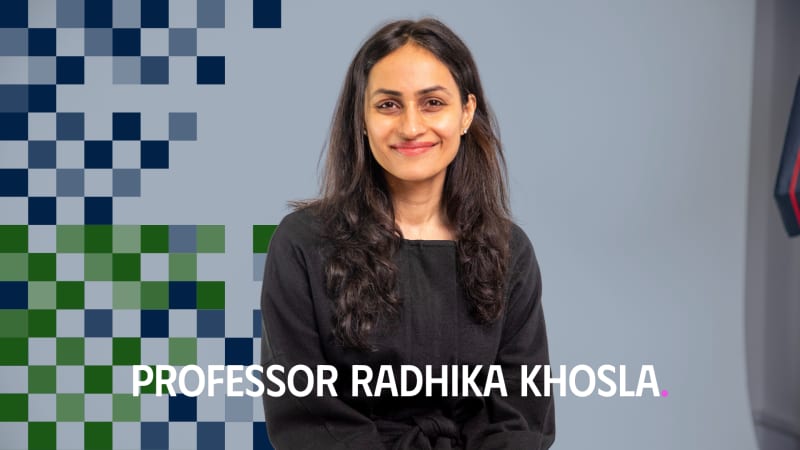
Professor Radhika Khosla
Shaping just and equitable climate solutions -
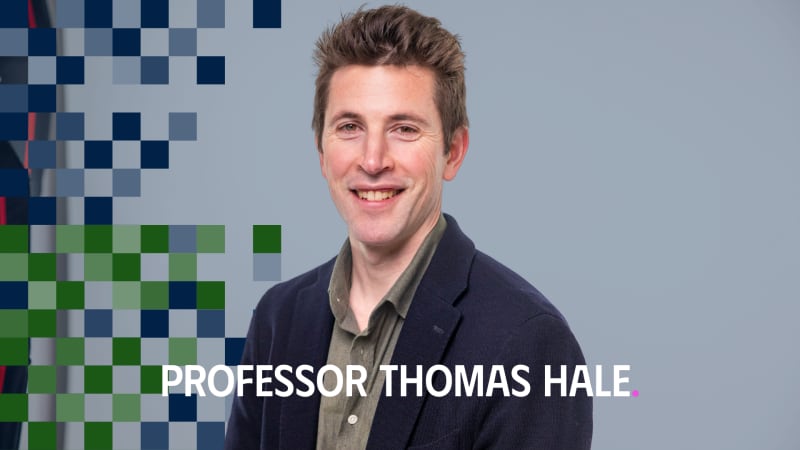
Professor Thomas Hale
Tracking net zero commitments -
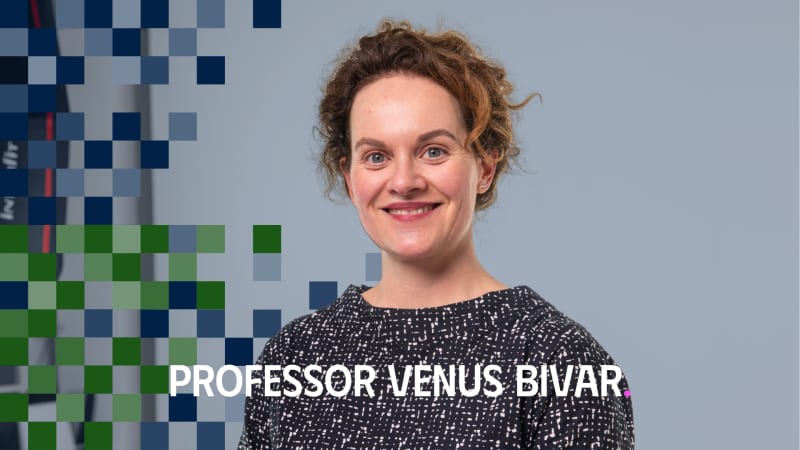
Professor Venus Bivar
Embedding humanities in the environment -
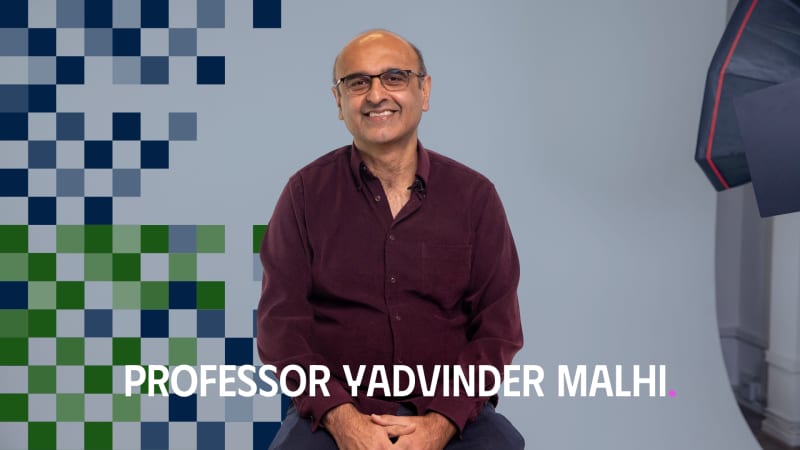
Professor Yadvinder Malhi
Why rainforest diversity is critical
